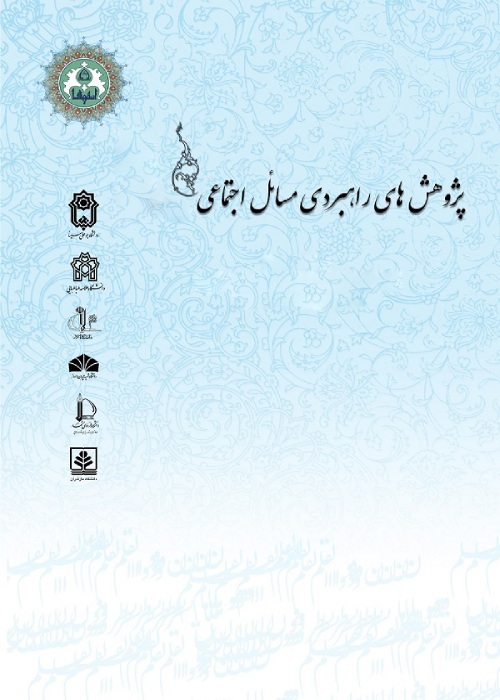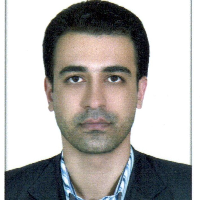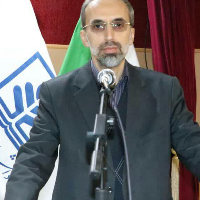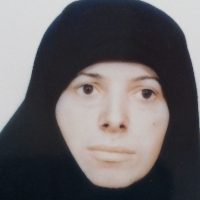Thematic Analysis of Good Urban Governance in the Development Programs of the Islamic Republic of Iran
Introduction :
One of the important areas of urban governance is urban policy-making. Due to the increasing population and urbanization, attention to the issue of urban governance as the basis of urban policy-making and urban planning has doubled. For this purpose, there must be a clear understanding of the referentials, through which with policy-making and planning for urban people can be proceeded. Determining this big picture in the Islamic Republic of Iran causes a coherent plan in cities and avoids daily decisions, thus creating competitive, cohesive, and accountable cities. The urbanization trend in Iran is increasing in a way that its urban population has increased from 54.3 to 74% from 1986 to 2016. Therefore, in the present study, the various themes existing in the 6 development programs of the Islamic Republic of Iran were examined, along with the growth of population, to become more familiar with the resulting changes in the policy-makers’ mindset. Urban policy-making is a branch of public policy-making knowledge, which enables urban policymakers to become aware of policy-making and its network in urban areas.
Analysis of themes provides data reduction, through which qualitative data are segmented, classified, summarized, and reconstructed. In the current research, the theme position model was used in the theme network. This method has the 3 levels of basic themes, organizing themes, and global themes.
Discussion of Results & Conclusions :
In the summary of the existing development programs in the Islamic Republic of Iran, the aspects of efficiency, decentralization, equality, transparency, accountability, spiritual heritage, health, and security, which were appropriate to the specific culture and conditions in Iran, could be seen. 24 basic themes, including the use of new technologies, culture of productivity, local income, attention to each region, government, downsizing, delegation, strengthening civil society, proper communication with the private sector, poverty reduction, attention to specific groups, attention to women, historical heritage, preservation of prior identity, access to resources, monitoring and evaluation, citizenship rights, citizenship education, effective civil society participation, crime prevention policies, social problems, health policy, food policy, environmental protection, and pollution prevention, were identified. The organizing themes were made of 12 components, including performance promotion, financial independence, subsidiarity, sustainability, attention to minorities, equitable access, preservation of national-religious heritage, transparency, citizen-centered governance, civic participation, human security, and environmental health. The specific referential point in the documents of Islamic development in Iran could be mentioned as follows: the global theme of efficiency focused on the basic theme of productivity, which had the characteristics of attracting specialized manpower, training managers, and work conscience. The global theme of decentralization was the basic theme of attention to each region, in which attention was paid to education and cultural, artistic, and sports services in each region. In the global theme of equality, special attention was paid to the themes of special attention to groups, such as veterans, martyrs' families, education of exceptional children, attention to women, and strengthening family institution. The global theme of preserving and strengthening spiritual heritage referred to features, such as paying attention to celebrities, the infallible Imams’ manners, preservation of Persian scripts and language, and Islamic-Iranian civilization. Finally, the global theme of both security and health focused on social issues, such as eradication of addiction and fighting against it and psychosis and mobilization of all government agencies. In comparison with the international documents and indicators, the special points of Iranian development programs included productivity culture, attention to each region, attention to specific groups and women, preservation of a priori identities, and social problems.
- حق عضویت دریافتی صرف حمایت از نشریات عضو و نگهداری، تکمیل و توسعه مگیران میشود.
- پرداخت حق اشتراک و دانلود مقالات اجازه بازنشر آن در سایر رسانههای چاپی و دیجیتال را به کاربر نمیدهد.





